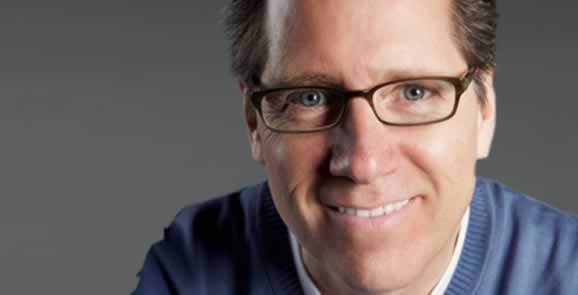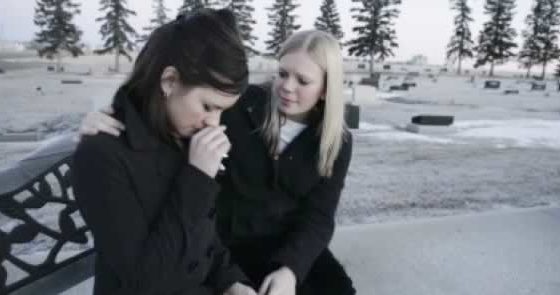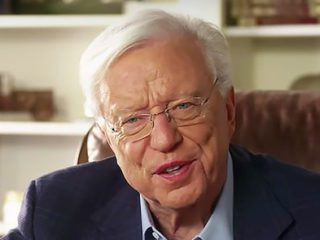Psychologist and marriage expert Dr. Les Parrot and his wife, author Leslie Parrot, have served the state of Oklahoma as “Marriage Ambassadors”. Dr. Parrot describes this work and its potential for impacting culture.
As marriage ambassadors for the state of Oklahoma, what is or was your mandate concerning the state’s divorce rate?
Oklahoma has a skyrocketing divorce rate, and their goal is to reduce that rate by one-third over the next decade. Governor Frank Keating invited us to Oklahoma to serve in that role to bring more physical attention to it and do a lot of speaking on the subject. That’s why he called us his “marriage ambassadors”.
How does that work? Do they require any pre-marital counseling or counseling prior to a divorce, for example?
They don’t require it but there are several incentives for that. Not only before a divorce but before you get married. So there’s the incentive financially and otherwise. But mostly there’s just this lack of awareness. People don’t understand what gifts some good marital education can be for their relationship. People believe “Hey, we’re in love, God’s with us, we’ll get married and everything will be fine”. And then they get into it and they realize “Boy, this is tough work. It’s not at all what I expected.” And so they think, “I must have married the wrong person”. And so they jump out of the relationship. But because they believe in marriage, and they believe God wants them to be married, they jump back into another relationship without any further preparation. What we’re doing is kind of raising the awareness and saying “Hey, you can do something to make this relationship more effective and to improve yourself as you enter this relationship as well”.
Is that done on a secular level as well as within the religious?
In Oklahoma, it’s being done from every front imaginable. From people in business, to educators, to clergy, to attorneys — I mean you name it — we are trying to raise the level of awareness and educate people on all fronts. Why is this important to a state? Primarily because the governor realizes that when marriage is good, the economy is better, and crime rates go down, and education goes up, and there are so many good correlations to strong healthy marriages and families.
If you had your way, what would you suggest could be done to retard that divorce rate?
If I could press a magic button, I’d have everybody — before they get married — to have at least 8-10 counseling sessions or education sessions where they get insight into themselves. I would also educate singles on how to match themselves well with another person. People are so often just a passenger in the journey of love. What I’d like to see is people grab the steering wheel and recognize there are things that they can do to improve their chance of success in the relationship. And so I would start with singles, and then move to pre-marriage, and then beyond that to educate people that are about to have a baby because of marriage changes radically at that point. I’m speaking from experience since we have a six-week-old. And then I’d move to people in crisis. I would also help people link up with marriage mentors. One of the things we are trying to do in Oklahoma is to establish a statewide marriage-mentoring network where seasoned and experienced couples come alongside newlywed couples and invest in them. This is good not just for the newlyweds, but there’s a boomerang effect that impacts the couple doing the mentoring. There are many different, creative things that we could be doing to help people build better marriages. Those are a few.
In an earlier publication, you suggest we should share two positive things or compliments with our spouse for every one negative that come into our relationship. Can you explain that concept a little bit?
This is an exercise we taught literally to thousands of couples around the country and we call it “sharing withhold”. It comes from our book Saving Your Marriage Before it Starts. It takes about ten minutes out of a couple’s week. They just simply share three things that they haven’t talked about that have registered in their mind. We suggest two of them be positive and one of them negative. And the response from your partner is limited to two words, and the two words are just “thank you”. In other words, you’re not going to ask them questions or grill them on anything or explain anything. You’re just going to say “thank you” for sharing that information and leave it in a nutshell. For the next thirty minutes, we say that the negative information is off limits, we can’t talk about that. But every day in every marriage there’s information that we bury, that we don’t talk about. If it’s negative information that we bury, it has a high rate of resurrection. When it pops up to the surface, it’s uglier than when we first buried it and we go “where did that come from?” So this exercise is designed to kind of clear the minefields from your marriage and create a really clean and level playing field.
Copyright © 2003 Marriagetrac
Drs. Les and Leslie Parrott are co-directors of the Center for Relationship Development at Seattle Pacific University and the authors of When Bad Things Happen to Good Marriages and the newly released, The Love List.
Read more from Les Parrott at realrelationships.com.



 Jim is the founder, with wife,
Jim is the founder, with wife, 







